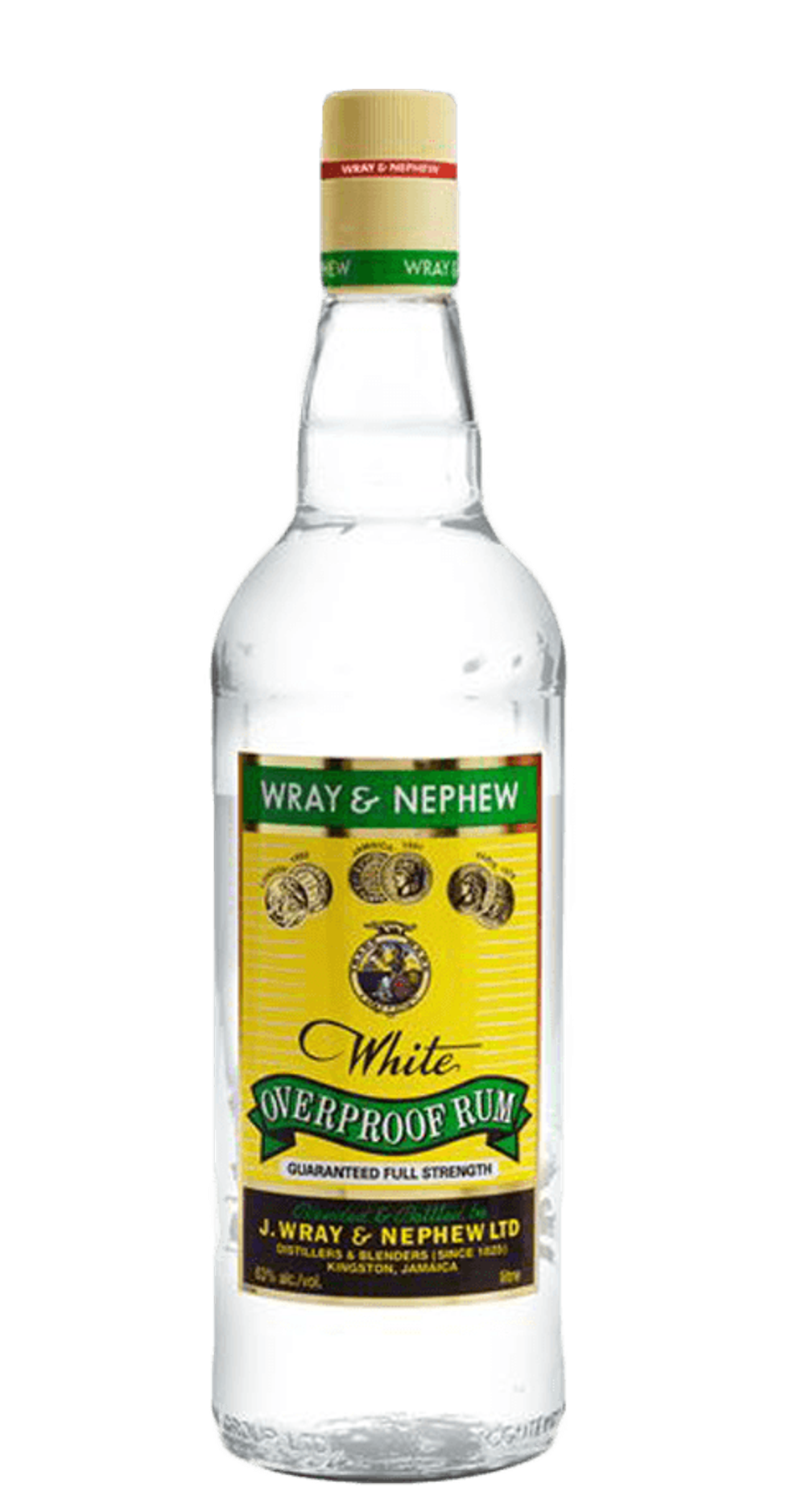A landmark report by Campari Group UK has revealed how rum increasingly represents a key growth area within spirits in 2022 and beyond for both the On- and Off-Trade, with the category playing into central consumer and shopper trends influencing the market.
Globally, the rum category has experienced sustained value growth, similar to spirits since 2000, with the category really taking off in the UK since 2019 and showing no signs of slowing down. Out of the top 10 rum markets globally, the IWSR forecasts the UK as having the highest CAGR growth rate to 2021 with 4.8 per cent growth, taking the total value of the category to £1.17bn – placing the UK as the third largest rum market in the world.
The pull of premium
The trend for premiumisation is hugely prevalent within rum and is an important driver of the growth the category has experienced since 2021. Premium rum recorded an 18 per cent increase in value sales in the Off-Trade in 2021, compared to a declining Standard rum category (-1.7 per cent). The Campari Group UK rum report anticipates that growth will continue to come through the top end of the category in 2022 as consumers continue to show a greater appreciation for the quality of rum on offer, and the "drinking less but better" trend plays an enhanced role in the category.
Similarly, in the On-Trade, consumer preference for quality has led to positive momentum for premium rum brands – with premium rum growing its share of the category by 6.1 per cent on 2019. Over two-thirds of UK consumers noted they would spend more for a quality drink – with a third of these consumers drinking rum as a regular drink – further highlighting the opportunity for the trade to boost the frequency of these premium occasions by stocking a range of high-quality rums.
Linked to the draw of Premium is the role of aged liquids, as consumers closely associate aged liquid with being a quality spirit. According to Campari Group UK’s report, 70 per cent of consumers agree that if a rum has an age statement, they are more likely to view it as high-quality liquid. Aged rums can therefore act as a smart recruitment tool, encouraging consumers of malt whisky and other aged dark spirits to explore the category, building on their existing appreciation for the complex flavours that aged spirits offer. The popularity of aged rum is expected to grow in the next few years, and there is an opportunity to further educate consumers around the different rums on offer, really building upon the authenticity and heritage of brands, such as Appleton Estate – profiling rum as a spirit that can be enjoyed sipped neat.
The role of Spiced
Campari Group UK’s rum report also highlights the important role that Spiced Rum is playing within the category, accelerating interest, and recruiting a new generation of consumers into the category. Spiced has been the key growth driver of total rum in the UK over the last two years and is expected to continue to drive the category forwards in 2022. In the On-Trade in 2021, Spiced/Flavoured Rum achieved a 6.3 per cent share of spirits, an increase of 1.2 per cent compared to 2019, with taste the number one factor driving consumer interest in the sub-category. Meanwhile in the Off-Trade, Spiced Rum has grown 9 per cent compared to 2021, as younger shoppers continue to discover and explore the category.
The report also highlighted the central role flavour more broadly is playing in attracting new consumers to the category, with Flavoured Rum’s share of total rum value in the UK Off-Trade growing a significant 4.3 per cent from 2019 to 2021 per cent. As awareness of the diversity and richness of rum increases, the report highlights the importance that Style plays for consumers, with this currently being the #1 way in which UK consumers navigate the rum category. This focus on style is driven by a lack of broader knowledge about the rum category, with 94 per cent of consumers open to improving this – demonstrating a demand and need for education. This highlights a key job to be done for both suppliers and operators, as consumers are hungry to better understand rum styles, country of origin differentials and flavour profiles.
Rum and cocktails
“Our Rum Report shows just how much of an opportunity we see rum being for the UK market in 2022 and the years ahead. The category is elevating itself far beyond what has previously been perceived as a rum-and-coke-dominated category, to one with endless opportunities within high-end cocktails and beyond,” said Brad Madigan, Managing Director, Campari Group UK.
“Rising consumer interest and discovery of rum aided through the rise of premium rums such as Appleton Estate, as well as the category’s growing role within the cocktail trend led by brands such as Wray & Nephew, means it’s a really exciting time to hero the rum category in the UK. We have a tremendous opportunity to continue to premiumise rum in this market and educate consumers on the vast potential of this fantastic category.”
The full Campari Group UK rum report can be read here.







